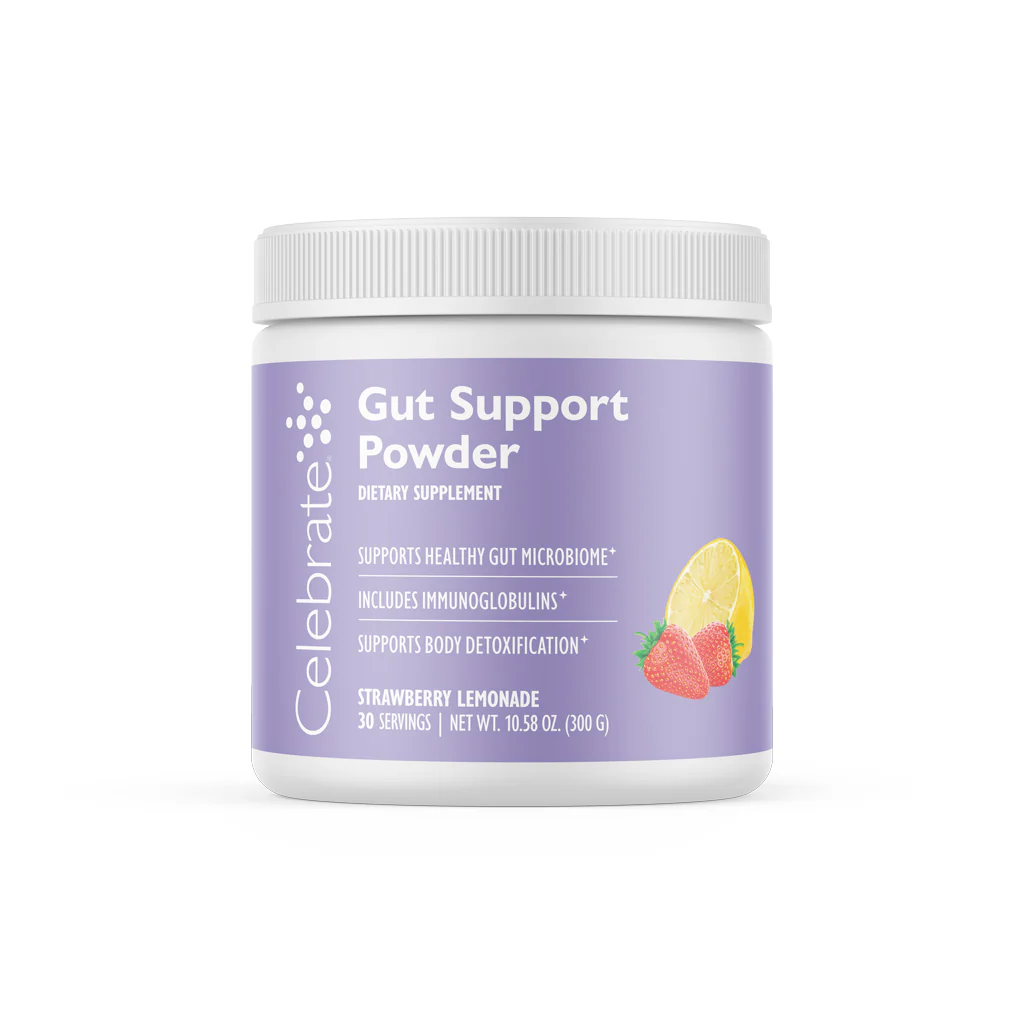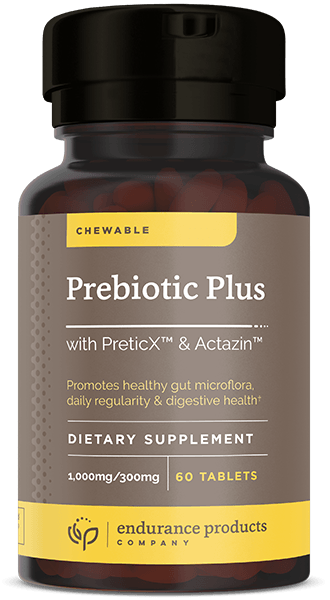Why a Gut Health Supplement Should Be Part of Your Daily Routine
Why a Gut Health Supplement Should Be Part of Your Daily Routine
Blog Article
Discover the Secret to Digestion and Immunity With Gut Health Assistance

Comprehending Gut Wellness
Understanding digestive tract wellness is crucial for total well-being, as it plays a significant duty in food digestion, resistance, and even psychological health. The digestive tract, consisting of the stomach system, is accountable for breaking down food, taking in nutrients, and removing waste. A balanced intestine atmosphere makes certain efficient digestion, enabling the body to use nutrients properly.
Moreover, gut wellness substantially impacts the immune system. The gut houses a considerable part of the body's immune cells, and a healthy intestine can help ward off microorganisms and lower swelling. Interruptions in digestive tract health and wellness can lead to an overactive immune response, possibly contributing to autoimmune conditions and allergic reactions.
In addition, the intestine is usually referred to as the "second mind" as a result of the gut-brain axis, a complex communication network linking the digestive tract and the mind. This link influences state of mind, cognition, and emotional health. Concerns such as dysbiosis, identified by an inequality in gut bacteria, have been related to mental health and wellness problems, including anxiety and anxiety.
The Digestive Tract Microbiome Explained

The gut microbiome, a diverse neighborhood of microbes living in the gastrointestinal system, plays a crucial role in preserving digestive wellness and total well-being. Consisting of trillions of microorganisms, viruses, fungis, and other germs, this facility ecosystem help in the digestion of food, the synthesis of essential nutrients, and the law of metabolic procedures.
Each person's digestive tract microbiome is unique, affected by factors such as diet, lifestyle, genetics, and environmental exposures. A well balanced microbiome supports optimal food digestion by breaking down complex carbs, creating short-chain fatty acids, and promoting the absorption of nutrients. On the other hand, an inequality, frequently described as dysbiosis, can result in digestive problems, including short-tempered digestive tract syndrome (IBS) and inflammatory digestive tract disease (IBD)
Research study has actually shown that a varied microbiome is connected with far better health and wellness outcomes, emphasizing the importance of dietary choices in nurturing these microbes. Foods rich in fiber, probiotics, and prebiotics, such as fruits, vegetables, and fermented items, can promote a healthy microbiome. Recognizing the intestine microbiome is important for establishing targeted treatments focused on boosting gastrointestinal wellness and preventing stomach illness.

Link In Between Food Digestion and Immunity
A durable link exists between food digestion and immunity, highlighting the crucial duty of the digestive tract in maintaining general health and wellness. The intestinal system is home to trillions of microorganisms that form the digestive tract microbiome, which dramatically influences both digestive system processes and immune actions. This complex community help in breaking down food, taking in nutrients, and providing necessary metabolites that sustain immune feature.
When digestion is effective, the digestive tract barrier continues to be intact, stopping unsafe microorganisms from entering the blood stream. Roughly 70% of the immune system stays in the gut-associated lymphoid tissue (GALT), which connects very closely with the digestive tract microbiome.
Tips for Supporting Intestine Wellness
Sustaining intestine health is crucial for preserving both digestion efficiency and a well-functioning immune system. To promote optimum digestive tract wellness, think about integrating several functional strategies right into your day-to-day regimen.
First, focus on hydration. Consuming alcohol ample water supports digestion and helps keep the mucosal lining of the intestinal tracts. Additionally, routine physical activity can improve gut mobility and promote a varied microbiome.
Mindful eating methods are likewise necessary. Chewing food completely and eating slowly can aid digestion and prevent overeating, which might emphasize the intestine. Furthermore, taking care of stress and anxiety via strategies such as meditation, yoga exercise, or deep-breathing exercises can favorably affect digestive tract health and wellness, as stress and anxiety is known to disrupt digestive system procedures.
Integrating prebiotics and probiotics into your routine is one more efficient technique. While certain foods will certainly be gone over later, recognizing the significance of these parts is critical. Prebiotics work as food for advantageous intestine microorganisms, while probiotics introduce live beneficial organisms.
Finally, prevent their website excessive use of anti-biotics, as they can interrupt the balance of digestive tract flora. By complying with these suggestions, you can dramatically add to the upkeep of a healthy and balanced intestine, which is vital for general health and wellness and vigor.
Foods That Promote Intestine Wellness

Fermented foods, such as yogurt, kimchi, sauerkraut, and kefir, are abundant in probiotics, which are helpful germs that sustain digestive tract flora and improve food digestion. These foods can aid restore balance in the digestive tract, especially after antibiotic usage or digestive system disturbances.
In addition to fermented choices, prebiotic foods, such as garlic, onions, asparagus, and bananas, serve as nutrients for these probiotics, promoting their growth and activity. These soluble fibers support intestine motility and can relieve problems like constipation.
Moreover, including high-fiber foods, including whole grains, fruits, beans, and vegetables, is essential for keeping a healthy intestine. Fiber aids in normal digestive tract motions and aids protect against digestive system disorders.
Lastly, omega-3 fatty acids located This Site in fatty fish, flaxseeds, and walnuts have anti-inflammatory residential properties that can additionally support intestine health. Stressing these foods in your diet plan can result in a robust digestion system and improved immune feature.
Conclusion
In verdict, focusing on digestive tract health is essential for enhancing food digestion and boosting immunity. A well balanced gut microbiome, affected by nutritional options and lifestyle factors, plays a crucial role in nutrient absorption and swelling decrease.
Comprehending intestine wellness is vital for total health, as it plays a substantial role in food digestion, immunity, and even mental health and wellness. The intestine houses a substantial section of click site the body's immune cells, and a healthy digestive tract can help fend off virus and minimize inflammation.Additionally, the gut is usually referred to as the "2nd brain" due to the gut-brain axis, an intricate interaction network connecting the gut and the brain.A robust connection exists in between digestion and immunity, highlighting the crucial duty of the digestive tract in keeping general wellness.In verdict, focusing on intestine wellness is vital for optimizing digestion and improving immunity.
Report this page